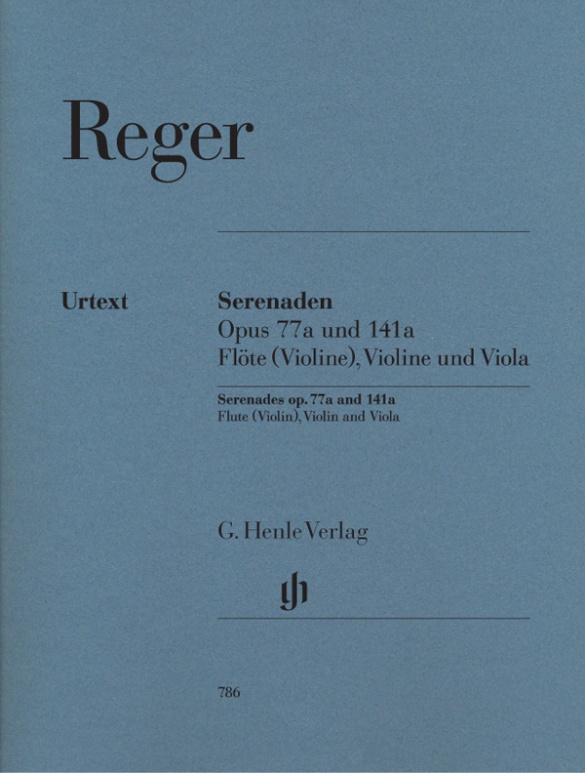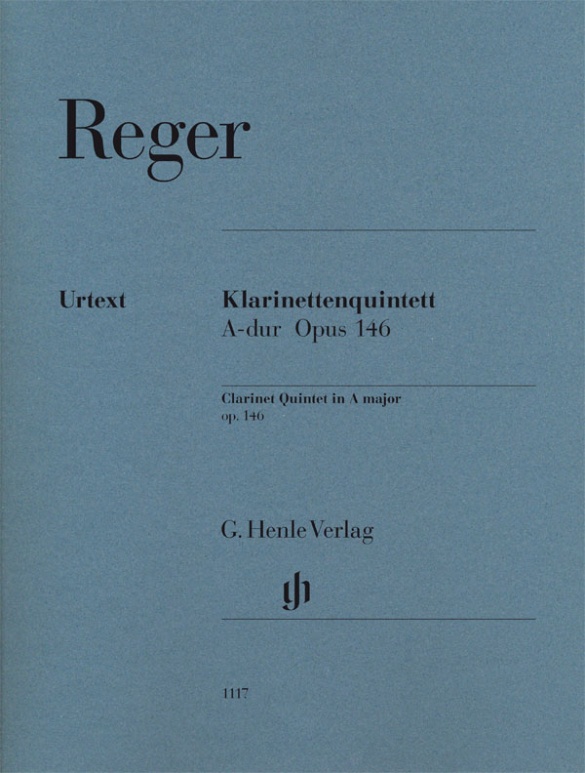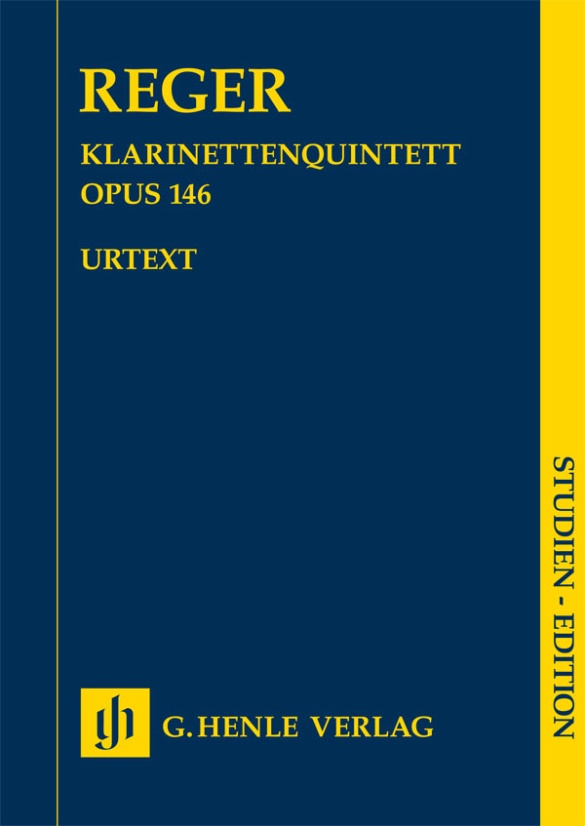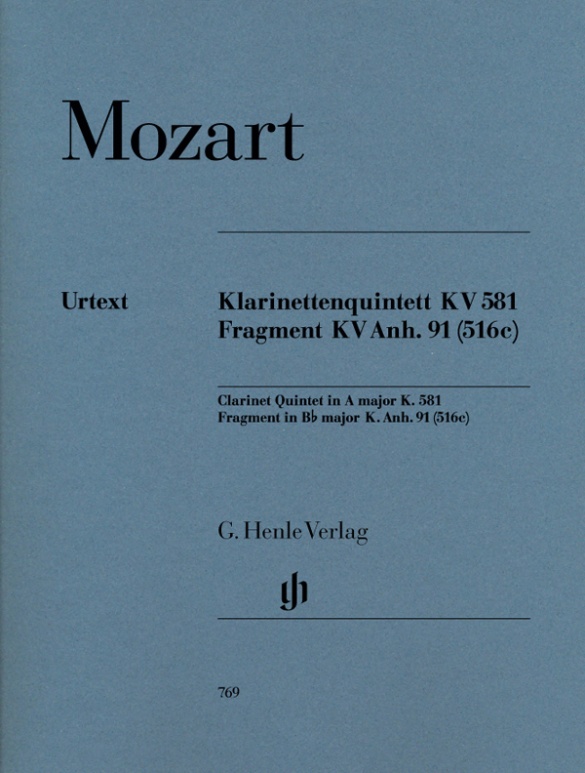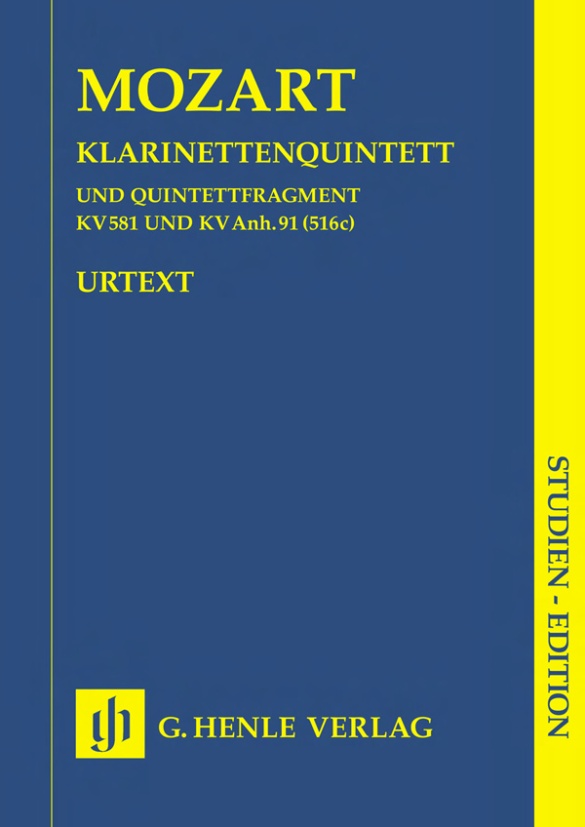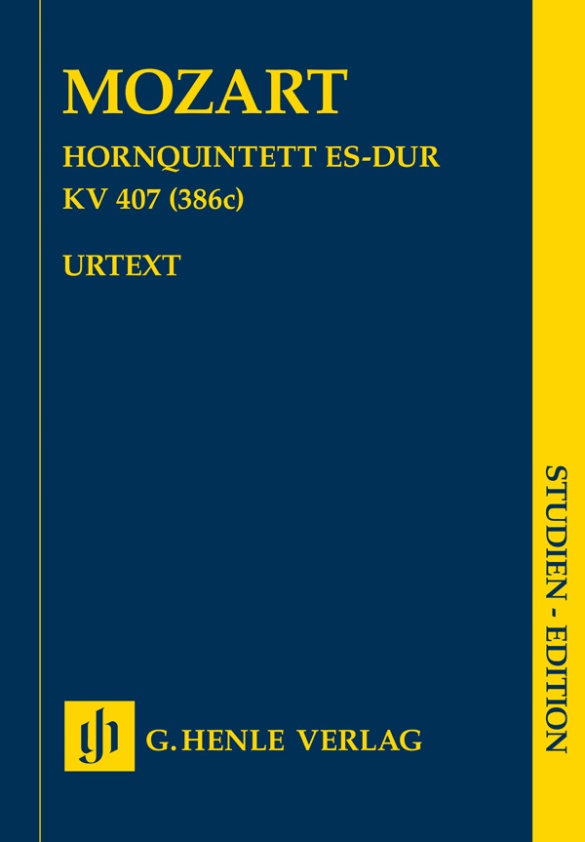Max Reger
Serenades op. 77a and op. 141a for Flute (Violin), Violin and Viola
>
内容/詳細
作曲家について
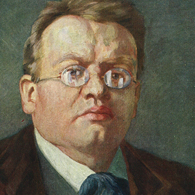
Max Reger
Late-Romantic composer who combines a chromatic tonal language with Baroque and Classical forms, thus anticipating 1920s neoclassicism.
| 1873 | Born in Brand (Upper Palatinate) on March 19, the son of a teacher. First piano lessons from his mother. |
| 1888 | After a visit to Bayreuth (for Meistersinger and Parsifal), decides on a career in music. |
| 1890–93 | Studies with Hugo Riemann at the conservatory in Wiesbaden, composes chamber works. Thereafter he endeavors to publish his own works as a freelance composer, albeit with multiple failures. |
| 1898 | Return to his parents’ home in Weiden. Composition of organ works: choral fantasies, “Fantasy and Fugue on B-A-C-H,” Op. 46 (1900); Symphonic Fantasy and Fugue (“Inferno”), Op. 57. |
| 1901–07 | Living in Munich. |
| 1903 | Publication of his “On the Theory of Modulation,” causing Riemann to feel attacked because Reger espouses a different understanding of the role of chromatics. “Variations and Fugue on an Original Theme,” Op. 73. |
| 1904 | Breakthrough with his first performance for the Allgemeine Deutsche Musikverein (General German Music Association). First volume of his “Simple Songs” for voice and piano, Op. 76; String Quartet in D minor, Op. 74, one of the most significant works in that genre at the beginning of the century. |
| From 1905 | Instructor at Munich’s Academy of Music. “Sinfonietta” in A major, Op. 90. |
| 1907–11 | Music director and professor of composition at the University of Leipzig. Orchestral work “Variations and Fugue on a Theme by Hiller,” Op. 100. |
| 1909 | “The 100th Psalm,” Op. 106, his most popular choral work. |
| 1911–14 | Director of the royal court orchestra of Saxe-Meiningen. |
| 1912 | “Concerto in the Old Style,” Op. 123. Orchestral song “An die Hoffnung” (“To Hope”), Op. 124. |
| 1913 | “Four Tone Poems after A. Böcklin” for large orchestra, Op. 128; “A Ballet Suite,” Op. 130. |
| 1914 | “Variations and Fugue on a Theme by Mozart,” Op. 132 |
| 1915 | He resides in Jena. Late compositions. |
| 1916 | Death in Leipzig on May 11. |
校訂者や運指担当者について
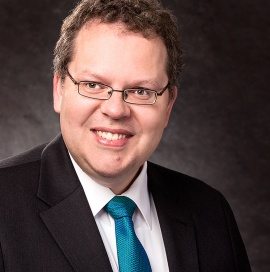
Michael Kube (校訂)
Dr. Michael Kube, born in 1968 in Kiel, studied musicology (with Friedhelm Krummacher and Heinrich W. Schwab), the history of art and ethnology at the Christian-Albrechts-Universität zu Kiel. Since 1998 he has been a research associate at the New Schubert Edition (Tübingen) and since autumn 2002 also a member of the editorial board.
Kube is on the panels of different juries and music prizes, and is also a member of the Committee for work evaluation (Werkprüfungsausschuss) of VG Music Edition. His research interests include music for keyboard instruments around 1700, 19th century chamber music, early 20th century music history, as well as Scandinavian music history.
製品安全に関する情報

G. Henle Verlag
製品の製造元に関する情報はこちらでご覧いただけます。G. Henle Verlag
Forstenrieder Allee 122
81476 München
info@henle.de
www.henle.com
(...) denn die drei "einfachsten u. sehr melodiösen" Stimmen sind oft aufs Raffinierteste miteinander verzahnt. Da hilft, um sich über manche Stelle einen Überblick zu verschaffen, die Studienpartitur. Deren Notenbild, wie auch das der Einzelstimmen, ist – bei Henle schon gar nicht mehr anders zu erwarten – übersichtlich und bestens lesbar.
Das Liebhaberorchester, 2016These parts are very clear, and the score is presented in a convenient study edition; both score and parts, which are available separately, include performence comments.
Flute Talk, 2010Diese beiden Besetzungspendants zu Beethovens Serenade op. 25 stehen jetzt als Stimmen im Neudruck in der bewährten Henle-Urtextausgabe zur Verfügung. Das werden die Interpreten goutieren, gerade weil es sich im Gegensatz zu Regers subjektiver Meinung im Zusammenspiel doch um recht anspruchsvolle und technisch haarige Kammermusik handelt, für die eine solch saubere Lesevorlage Voraussetzung ist.
NMZ, 2008La presente edizione Henle, basata sulle prime pubblicazioni delle partiturine che vennero revisionate da Reger e i cui rispettivi autografi furono utilizzati come copie degli stampatori, è a cura di Michael Kube, profondo studioso del compositore, nonché già curatore di altre sue opere.
Archi, 2007おすすめ
autogenerated_cross_selling
このタイトルを含む他の版
このタイトルを含む他の版


